What is the Tong Ren Palace, but the concubines are terrified when they hear the name, no one wants to come?
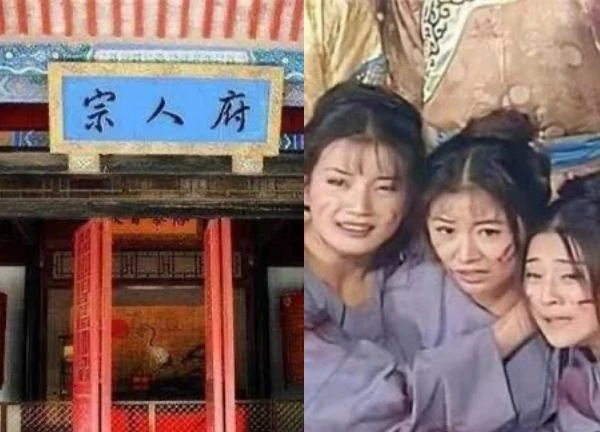
3 | 1 Discuss | Share
Stories of debauched emperors who spent money like water are no longer strange to later generations. On the contrary, there are not too many people who spend sparingly and save money.
In Chinese history, there was a man who was known as the stingiest emperor. That man was Emperor Daoguang - the grandson of Qianlong. Daoguang ascended the throne when the prosperous period of the Qing Dynasty (Kang - Qian) was over, the national treasury was increasingly in deficit due to the policy of isolation. After receiving the throne, Daoguang had to implement a series of "belt-tightening" policies. Not only him but also the harem had to be frugal.
The law of thrift under Dao Quang's reign consisted of three articles: First, respecting righteousness and despising profit, not accumulating personal wealth, first for the country, then for the world, for the people.
Second, he stopped paying tribute to the provinces. He believed that regional specialties were the sweat and toil of the people. Removing them would help reduce the burden on the people, and would also avoid wasting labor and transportation resources. Third, under Daoguang's reign, no new palaces or pavilions appeared. Even those who suggested building more were considered criminals and held accountable.
If it had stopped there, perhaps Daoguang would have been the ideal model of a frugal, people-loving emperor. But no, he was ridiculed more by the people for his excessive stinginess and miserliness. After Ho Than’s assets were confiscated by Emperor Jiaqing, the Qing treasury began to be abundant again. However, Daoguang kept complaining to his courtiers that the country was bankrupt and needed to tighten spending even more.
As an emperor, he only had one set of royal robes that were not patched, the rest were old and patched many times. Therefore, the courtiers could not dress properly. Every time it was their turn to attend court, the Qing courtiers looked like two rows of beggars begging for alms, and the emperor was compared to a beggar gang leader.
The concubines were in the same situation, having to wear the same clothes year after year. Their cosmetics were also cut by Daoguang. So under this emperor, even though they were concubines, they could only save about a million taels of silver a year.
Not only clothes, food was also on Daoguang's list of cuts. He only ate vegetables to get by. Even more outrageous, the emperor and empress's dinner consisted of a cake with a pot of hot tea or warm water. After eating, both would go to bed immediately to avoid spending money on lamp oil.
In the palace, except for the empress dowager, the emperor and the empress, no one was allowed to eat meat. Even the emperor and empress’s birthday parties or major holidays were not held to avoid waste. Only once, when Daoguang celebrated the empress’s birthday, he specially prepared a bowl of noodles without meat or tofu for each person. The dish the emperor served to his guests at that time was two pig heads.
Daoguang's excessively frugal policy only made him and his close associates suffer, and he was completely unable to control corrupt officials. As a result, corrupt officials continued to rob and embezzle from the people, and uprisings broke out everywhere. That's why the most miserly king in Chinese history was not praised by the people.
In addition, in Chinese history there still existed an emperor who was as 'stingy' as Qianlong's grandson. Emperor Wen of Han (202 BC - 157 BC), real name Liu Heng, was the fifth emperor of the Western Han Dynasty in Chinese history, reigning from 180 BC to 157 BC, a total of 23 years.
After Empress Dowager Lu died, the ministers Chen Ping and Zhou Bo eliminated the relatives of the Lu family and deposed her nephew, Emperor Shao of Han. In the situation where no one was emperor, Chen Ping and Zhou Bo decided to support Liu Heng, who was then the vassal king of Dai. Because according to them, his mother, Bo Ji, was famous for her virtue and, more importantly, she did not have a noble family background and did not repeat the tyranny of Empress Lu as before.
Emperor Wen of Han Liu Heng is highly regarded in Chinese history books, famous as a wise king, establishing and ruling the Great Han nation to become peaceful and prosperous after many years of turmoil.
He was also famous in Chinese history for his frugality, which was praised for the people. Although he was the emperor, he usually wore clothes made of coarse, thick, cheap black fabric. Of course, if the emperor dressed so simply, his family could not be flashy. Even Emperor Wen's favorite concubine, Lady Shen, was often reminded to dress simply and not to wear long, flowing clothes that swept the floor.
Emperor Wen of Han's dragon bed was a very simple bed, with simple bedding. All the curtains and canopies in the palace were made of ordinary fabric, without any elaborate embroidery. During his 23 years of reign, this frugal king did not increase the number of servants, carriages, horses, hunting dogs... The palace, castle, and garden were not renovated because he thought that the status quo was good enough.
Once, Emperor Wen of Han planned to build a dew-catching platform, so he sent workers to measure and calculate the cost. After calculating, the workers said that the project would cost about 100 taels of gold. This was a very small amount of money compared to the expenses of a monarch, especially during the Han Dynasty when the people were peaceful and there were no natural disasters or enemies. However, after thinking it over, Emperor Wen of Han still decided to stop building the platform, the reason being: "100 taels of gold is equal to the property of 10 middle-class households. The late emperor left me many palaces and pavilions, and I am still worried that I do not have enough merit to enjoy it, and will dishonor the late emperor. How can I think about spending a lot of money to build this platform now?"
Emperor Wen of Han wanted his death to be inexpensive. He decreed that his tomb should be decorated only with ceramics, not silver, gold, or even copper or tin. The tomb should not be built too high, and its construction should not interfere with the people's farming.
Who are the 2 most famous stingy emperors in Chinese history? 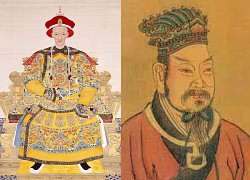 Đức Trí17:08:50 11/01/2024Emperor Wen of Han Liu Heng and Emperor Daoguang are two figures in Chinese history who are famous for being the most stingy and stingy. Tang Tang is a son of heaven but only wears rough clothes and fasts to reduce expenses.
Đức Trí17:08:50 11/01/2024Emperor Wen of Han Liu Heng and Emperor Daoguang are two figures in Chinese history who are famous for being the most stingy and stingy. Tang Tang is a son of heaven but only wears rough clothes and fasts to reduce expenses.

3 | 1 Discuss | Share
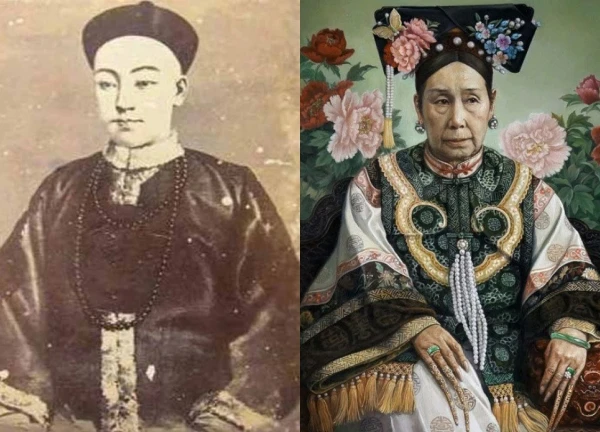
2 | 1 Discuss | Share
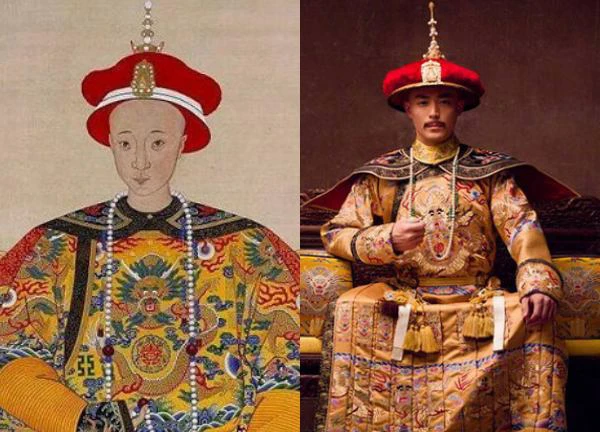
3 | 1 Discuss | Share
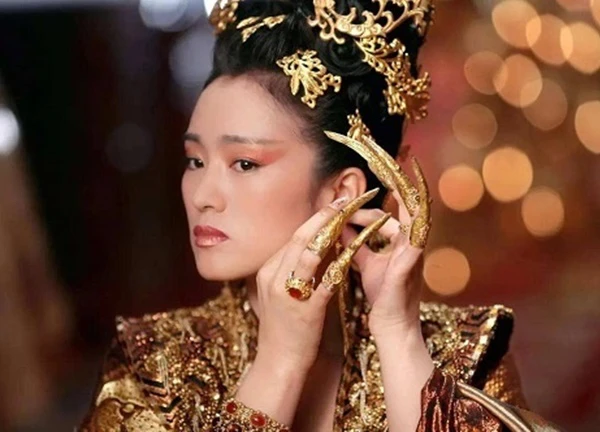
1 | 1 Discuss | Share
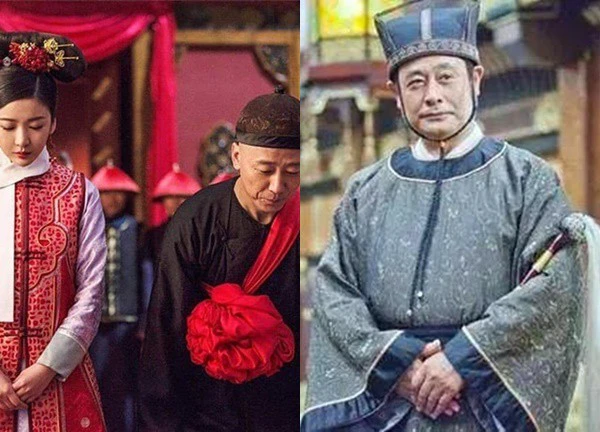
3 | 1 Discuss | Share
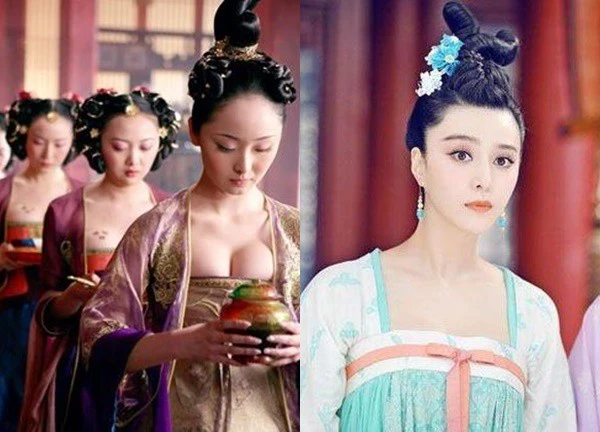
2 | 1 Discuss | Share
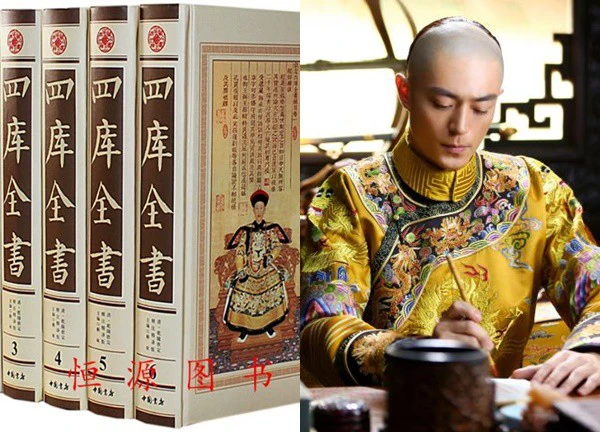
2 | 1 Discuss | Share
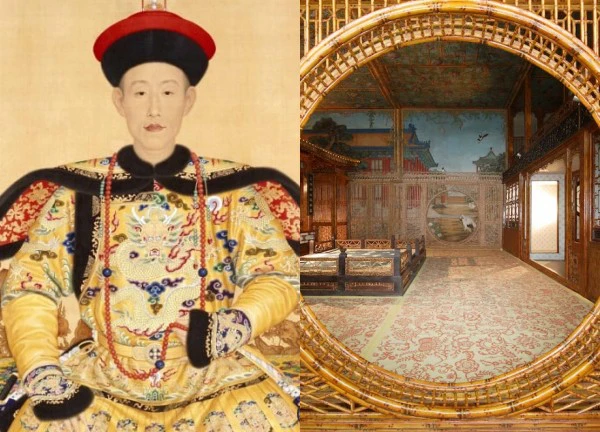
1 | 1 Discuss | Share
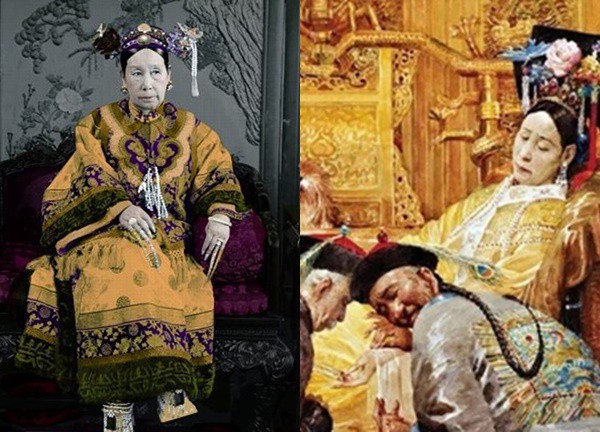
2 | 1 Discuss | Share
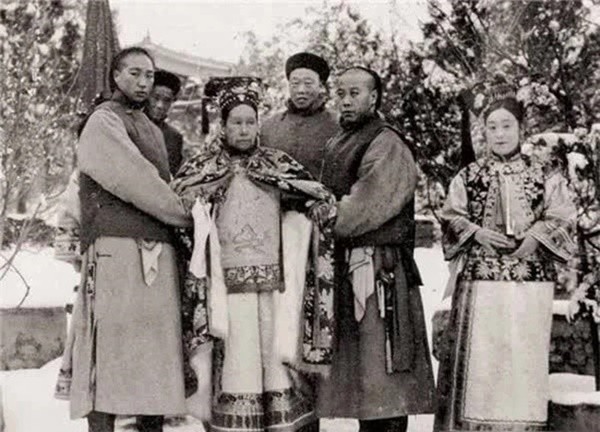
5 | 1 Discuss | Share
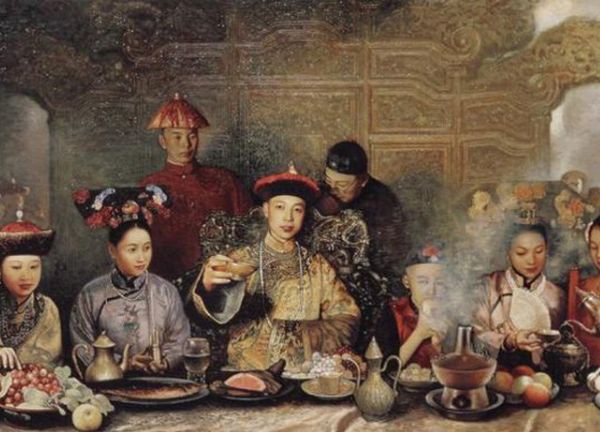
3 | 1 Discuss | Share
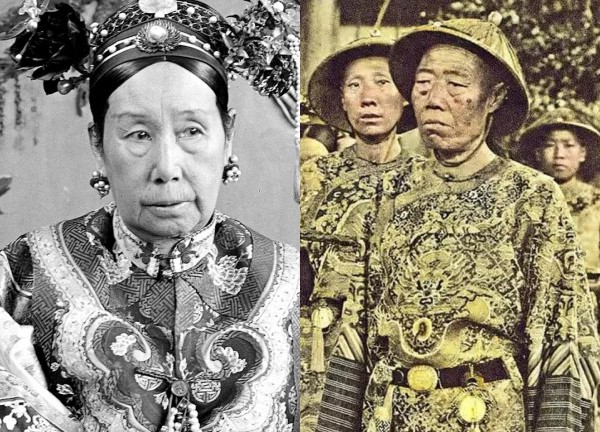
6 | 1 Discuss | Share
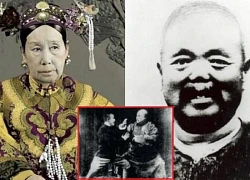



1 | 1 Discuss | Report